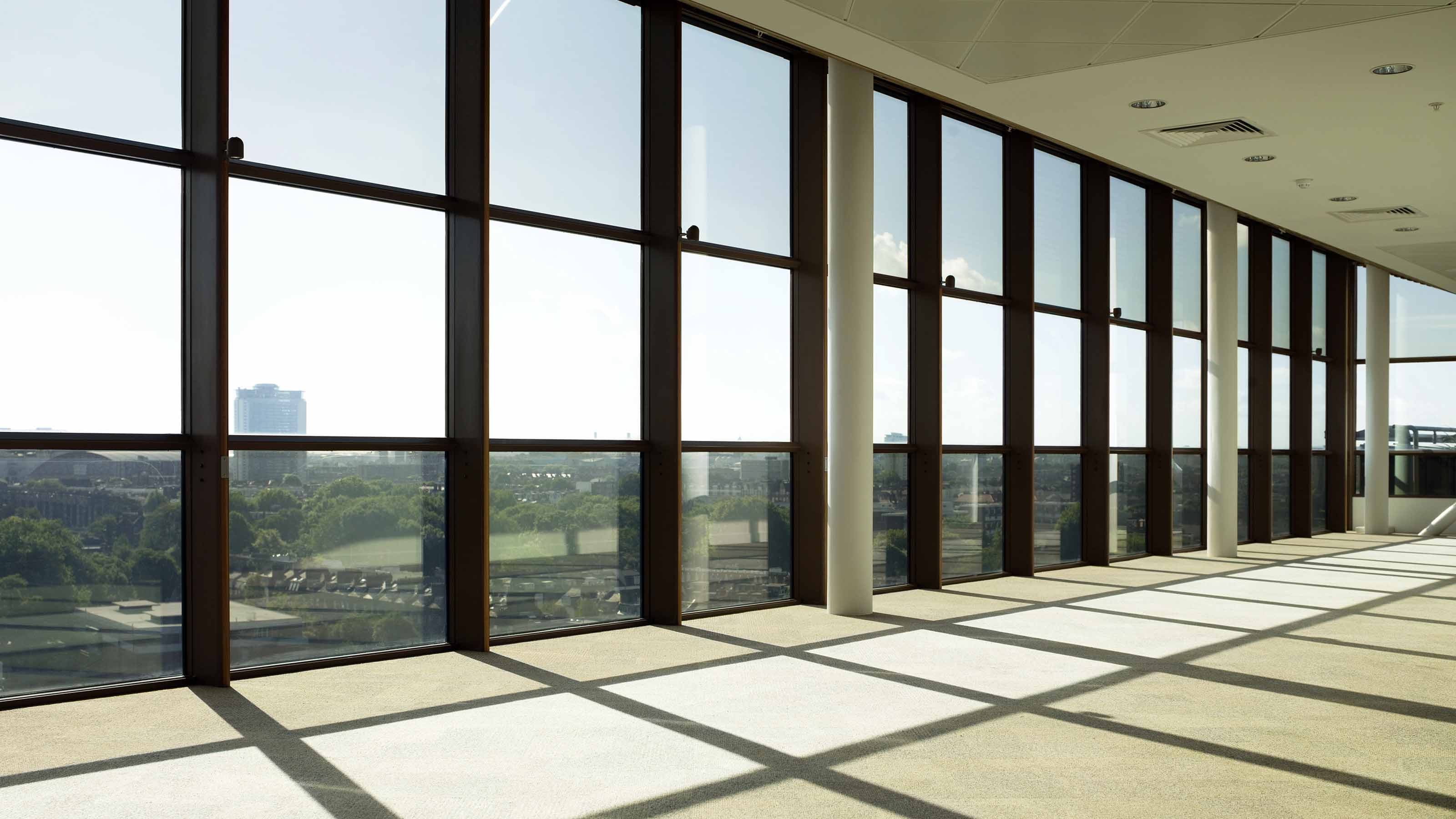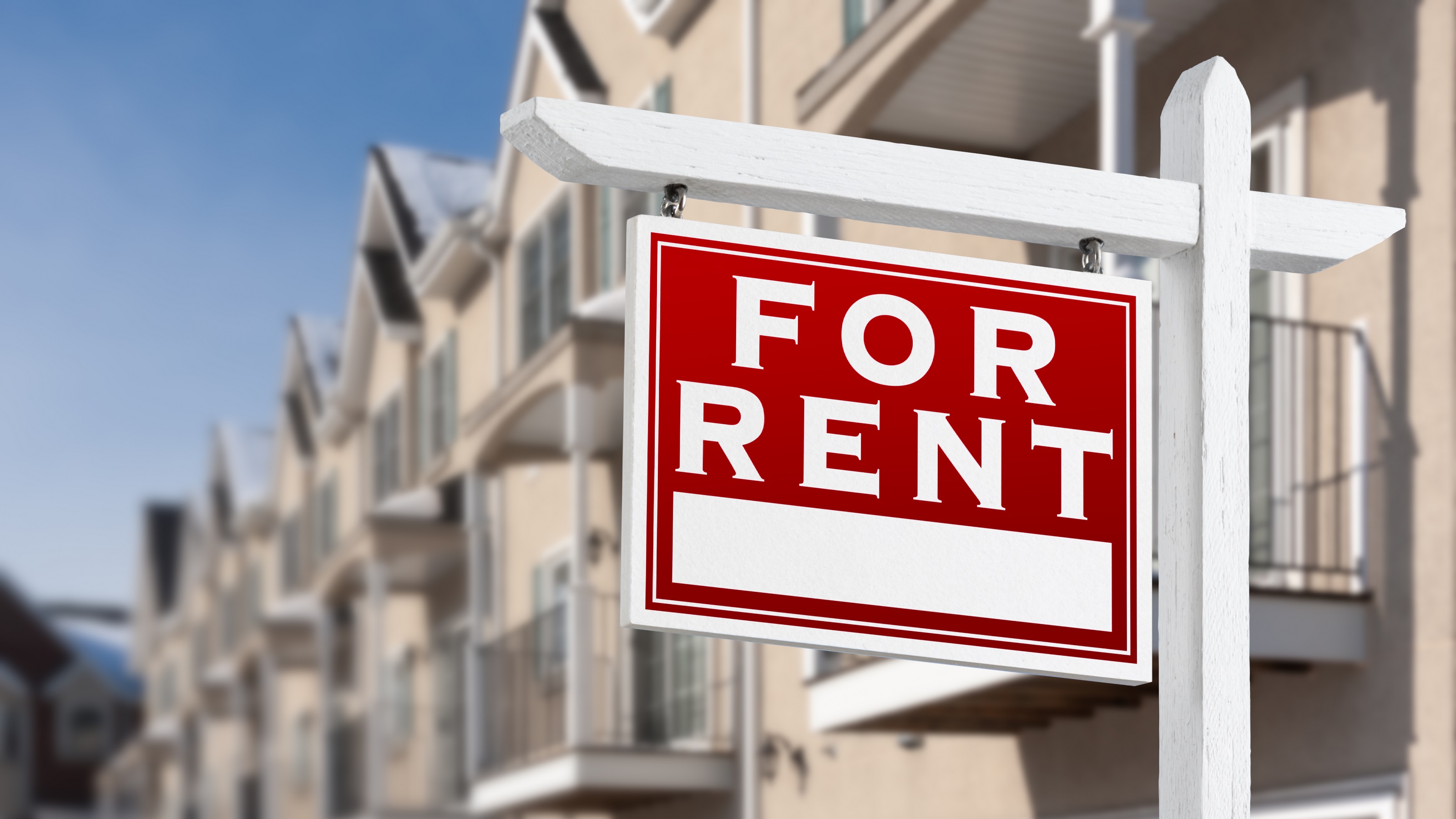Commercial Real Estate Dogging the Economy
High vacancy rates and mortgage defaults won’t go away quickly.

Profit and prosper with the best of Kiplinger's advice on investing, taxes, retirement, personal finance and much more. Delivered daily. Enter your email in the box and click Sign Me Up.
You are now subscribed
Your newsletter sign-up was successful
Want to add more newsletters?

Delivered daily
Kiplinger Today
Profit and prosper with the best of Kiplinger's advice on investing, taxes, retirement, personal finance and much more delivered daily. Smart money moves start here.

Sent five days a week
Kiplinger A Step Ahead
Get practical help to make better financial decisions in your everyday life, from spending to savings on top deals.

Delivered daily
Kiplinger Closing Bell
Get today's biggest financial and investing headlines delivered to your inbox every day the U.S. stock market is open.

Sent twice a week
Kiplinger Adviser Intel
Financial pros across the country share best practices and fresh tactics to preserve and grow your wealth.

Delivered weekly
Kiplinger Tax Tips
Trim your federal and state tax bills with practical tax-planning and tax-cutting strategies.

Sent twice a week
Kiplinger Retirement Tips
Your twice-a-week guide to planning and enjoying a financially secure and richly rewarding retirement

Sent bimonthly.
Kiplinger Adviser Angle
Insights for advisers, wealth managers and other financial professionals.

Sent twice a week
Kiplinger Investing Weekly
Your twice-a-week roundup of promising stocks, funds, companies and industries you should consider, ones you should avoid, and why.

Sent weekly for six weeks
Kiplinger Invest for Retirement
Your step-by-step six-part series on how to invest for retirement, from devising a successful strategy to exactly which investments to choose.
Commercial real estate is the biggest soft spot in the economy right now. Although sales are finally starting to tick up after sliding for six straight quarters, that’s just the first step in a long slog to recovery, and the troubled sector will remain a drag on the economy for at least another year.
Transaction volume is still light, “but we’re starting to see signs of healing,” says Suzanne Mulvee, real estate strategist with Property and Portfolio Research, a CoStar company. The value of deals made inched higher in the third quarter of last year and increased a bit more in the fourth. Investors decided to come off the sidelines, attracted by bargains on top-tier malls, offices and apartment buildings.
The vacancy rate won’t top out until the end of this year, however, at around 17.5% for offices and 15% or so -- a record high -- for industrial property. According to Jon Southard, an economist with CBRE Econometric Advisors, “Things are progressing, but the road is a long one.” Making matters worse, there’s plenty of “shadow space” -- offices that were emptied by layoffs but are still leased. That space doesn’t show up in vacancy rates, but until companies refill it, they won’t be looking for additional space.
From just $107.88 $24.99 for Kiplinger Personal Finance
Become a smarter, better informed investor. Subscribe from just $107.88 $24.99, plus get up to 4 Special Issues

Sign up for Kiplinger’s Free Newsletters
Profit and prosper with the best of expert advice on investing, taxes, retirement, personal finance and more - straight to your e-mail.
Profit and prosper with the best of expert advice - straight to your e-mail.
Defaults and foreclosures will climb as well. Between a quarter and half of all commercial real estate loans maturing this year and next are underwater, reflecting inflated purchase prices at the peak of the boom in 2006 and the first half of 2007 and the subsequent plunge in values of 40%.
Inevitably, more banks will bite the dust. Our estimate: about 350 over this year and next. We expect as many as 700 institutions to fail by 2014, mostly small banks that avoided the subprime housing collapse but went heavy into commercial property. Since January 2008, about 190 banks have fallen by the wayside.
Regulators are urging lenders to be flexible, amending and extending loans that are coming due -- about $150 billion this year and $170 billion more in both 2011 and 2012. And many banks are modifying terms if a borrower has decent cash flow. But with rents down more than 10% on average over the past year, that’s limiting the number of loans that qualify.
And the fact is, even if banks don’t foreclose or write down loans that have gone sour, they are winding up with less money to lend. During the boom, loans were repackaged and sold to investors as securitized debt. That replenished banks’ supply of lendable funds. But that market has dried up. With no way to offload outstanding loans, and relying much more heavily on deposits to fund loans, banks are much more tightfisted when borrowers want to renegotiate loans coming due. In 2007, investors bought nearly $20 billion a month in securitized debt. Last January, the total was just $80 million.
The tight credit situation is crimping growth across the board, not just in construction and industries tied to real estate. There’s little risk, however, of the problems triggering another big downturn in the economy. Ailing commercial real estate doesn’t pack the punch that problems in the residential market did, when defaults and foreclosures prompted the financial markets to freeze up and nearly sparked a panic.
Washington can do little to speed the recovery. The Federal Reserve’s program to buy securities backed by commercial real estate hasn’t helped much. It’s a case of waiting for the fever to run its course and patiently looking forward to a better 2011. As Fed Chairman Ben Bernanke told Congress last month, “The solution is to get the economy growing overall.”
For weekly updates on topics to improve your business decisionmaking, click here.
Profit and prosper with the best of Kiplinger's advice on investing, taxes, retirement, personal finance and much more. Delivered daily. Enter your email in the box and click Sign Me Up.

-
 How Much It Costs to Host a Super Bowl Party in 2026
How Much It Costs to Host a Super Bowl Party in 2026Hosting a Super Bowl party in 2026 could cost you. Here's a breakdown of food, drink and entertainment costs — plus ways to save.
-
 3 Reasons to Use a 5-Year CD As You Approach Retirement
3 Reasons to Use a 5-Year CD As You Approach RetirementA five-year CD can help you reach other milestones as you approach retirement.
-
 Your Adult Kids Are Doing Fine. Is It Time To Spend Some of Their Inheritance?
Your Adult Kids Are Doing Fine. Is It Time To Spend Some of Their Inheritance?If your kids are successful, do they need an inheritance? Ask yourself these four questions before passing down another dollar.
-
 Will Lower Mortgage Rates Bring Relief to the Housing Market?
Will Lower Mortgage Rates Bring Relief to the Housing Market?The Kiplinger Letter As mortgage rates slowly come down here's what to expect in the housing market over the next year or so.
-
 Commercial Real Estate Outlook 2024: The Kiplinger Letter
Commercial Real Estate Outlook 2024: The Kiplinger LetterThe Kiplinger Letter In 2024, expect hybrid and work-from-home trends, tighter budgets, rising rents and the demand for data centers to continue.
-
 Delinquent CRE Loans Are on the Rise: The Kiplinger Letter
Delinquent CRE Loans Are on the Rise: The Kiplinger LetterThe Kiplinger Letter Banks are expanding their efforts to restructure CRE loans to avoid losses from the commercial real estate sector.
-
 As Mortgage Rates Rise, Renting Is Now Cheaper Than Buying for Many: The Kiplinger Letter
As Mortgage Rates Rise, Renting Is Now Cheaper Than Buying for Many: The Kiplinger LetterThe Kiplinger Letter A jump in mortgage rates has caused housing affordability to slump and priced many first-time home buyers out of the market.
-
 Rental Market Will Slow Through 2023: The Kiplinger Letter
Rental Market Will Slow Through 2023: The Kiplinger LetterThe Kiplinger Letter Expected growth in the rental market is likely to remain slow for the rest of the year amid a slow housing market and cooling economy.
-
 How to Set the Price to Sell Your Home
How to Set the Price to Sell Your Homereal estate If you're selling your home, setting the right price is crucial. Don't overprice or you'll scare away prospective buyers.
-
 WFH Impact on Commercial Real Estate Market: Kiplinger Economic Forecasts
WFH Impact on Commercial Real Estate Market: Kiplinger Economic ForecastsEconomic Forecasts Commercial real estate continues to struggle. Office vacancies hit 18.9% in the second quarter of 2023.
-
 Greenland, U.S. Plans to Boost Tourist Economy: Kiplinger Economic Forecasts
Greenland, U.S. Plans to Boost Tourist Economy: Kiplinger Economic ForecastsEconomic Forecasts A U.S. congressional effort could see some Canadian visitors get longer stays, meanwhile, Greenland bids to be the next vacation hotspot.